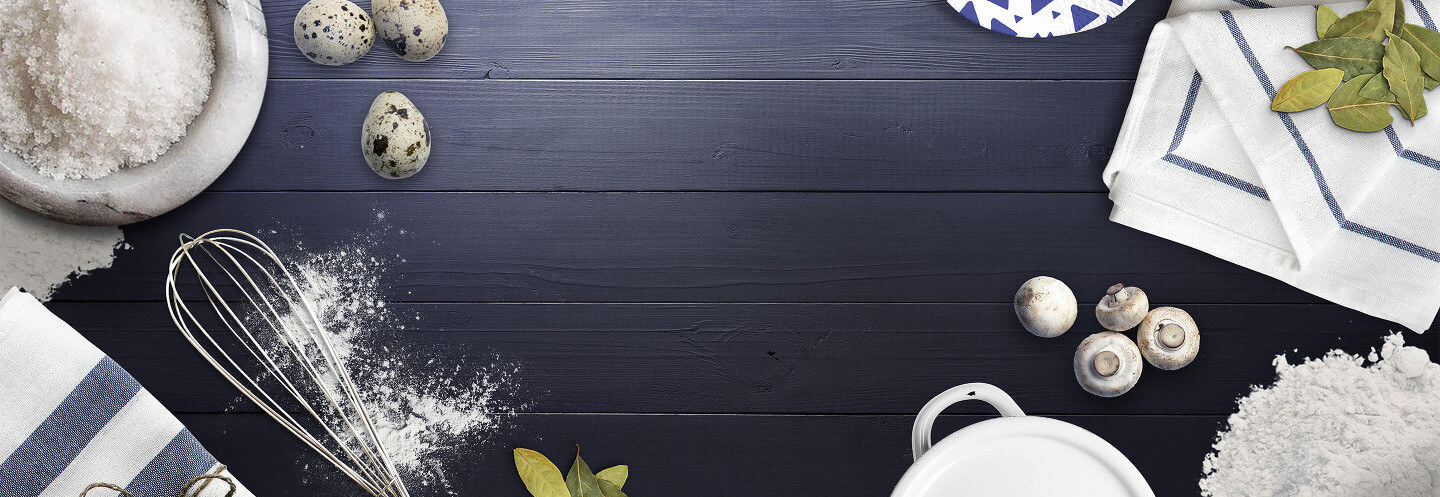https://www.copymethat.com/r/tyMI8P9A/chicken-salad-to-freeze-or-not-to-freeze/
1332581
6kgAc60
tyMI8P9A
2024-04-18 21:28:28
Chicken, Salad, To Freeze or Not to Freeze
loading...
X
www.cooksrecipes.com/Q_and_A's/hope_qa_35_freezing_chicke...
If it is homemade, freeze it on the day it is made, if commercial, on the day it was opened (and as long as it is used by the recommended date) and last, but not least, only if it has been keep well-chilled or under refrigeration. If it has been left standing at room temperature or even transported without refrigeration, for even a small length of time, don't bother as the risk of bacteria contamination is too great to risk.
food52.com/hotline/20011-can-i-freeze-a-chicken-mayo-salad
www.thekitchn.com/freezer-friendly-the-do-not-freeze-list...
www.ehow.com/how_5403507_freeze-chicken-salad.html
If it is homemade, freeze it on the day it is made, if commercial, on the day it was opened (and as long as it is used by the recommended date) and last, but not least, only if it has been keep well-chilled or under refrigeration. If it has been left standing at room temperature or even transported without refrigeration, for even a small length of time, don't bother as the risk of bacteria contamination is too great to risk.
food52.com/hotline/20011-can-i-freeze-a-chicken-mayo-salad
www.thekitchn.com/freezer-friendly-the-do-not-freeze-list...
www.ehow.com/how_5403507_freeze-chicken-salad.html
Ingredients
Steps
- subheading: QUESTION:
- Can I freeze chicken and turkey salad?
- subheading: ANSWER:
- Yes, especially if the mayonnaise was commercially processed meaning that it was pasteurized which will add to its storage life. The salad will most likely be a bit watery after thawing, simply drain off the excess liquid and stir in a bit more mayonnaise, if needed. The product should be eaten within 2 months for best results, however it will remain safe to eat indefinitely if kept frozen, it is the quality and nutrition that is lost over time.
- If you are going to freeze something as perishable as chicken or turkey salad, keep food safety in mind. If it is homemade, freeze it on the day it is made, if commercial, on the day it was opened (and as long as it is used by the recommended date) and last, but not least, only if it has been keep well-chilled or under refrigeration. If it has been left standing at room temperature or even transported without refrigeration, for even a small length of time, don't bother as the risk of bacteria contamination is too great to risk.
- General Cooking.
- added over 2 years ago
- Mayonaise will separate when frozen so it's not a great candidate for freezing, also if you have crunchy vegetables like celery in it they would not fare well either. If there is only a very small amount of mayo in the salad it might freeze a bit better than if it is mayonnaise laden. I have never frozen chicken or tuna salad before so cannot speak from experience but from everything that I have read they caution against doing this.
- In the battle against limited freezer space, some foods just don't cut it. But how do you know which ones to toss before they hit the freezer? Three rules help break down the mystery and keep your freezer free for success.
- Rule One: The cardinal rule of freezing: if it didn't taste good to begin with, it won't taste any better after freezing. In fact, it will most definitely taste worse. Freezing changes the texture of food as it's reheated, so there really isn't a chance a dish will taste better. If you didn't love it for dinner tonight, just cut your losses now!
- Rule Two: If you're freezing a raw food with a high moisture content (think cucumbers, watermelon, oranges) you intend on eating raw again, forget about it. The moisture that keeps the food crisp and intact doesn't behave the same way after thawing. Think of putting a defrosted tomato on top of your salad -- yuck! However, if you plan on using the item to cook something else, tomatoes will work. Cucumbers and lettuces, don't bother.
- Rule Three: Beware of anything creamy. Custards, blocks of cheese, yogurt -all of these dairy products freeze horribly. The curds separate from whey and instead of the creamy dish of yogurt you put in the freezer, you'll find a dish of separated strangeness. Again, if you're using for cooking, you can salvage some of these, but err on the side of caution.
- Remember, we're talking about individual foods frozen alone here. The game changes entirely when freezing many of these with other ingredients or in dishes. This guide is for when you've got a few extra stalks of celery leftover and you're thinking of throwing them in the freezer (think again!). Now, freezing the foods below won't harm you if you decide to try eating them. Some people don't mind the changed texture after freezing and thawing yogurt, for example. Just don't expect any of these foods to much resemble their original state post-freezer.
- The Do Not Freeze List
- • Vegetables: Celery, cucumbers, lettuce, onions, peppers (especially green), potatoes (especially raw), radishes, sprouts, salad greens
- • Fruit: Apples, grapefruit, grapes (unless you're planning on eating them frozen), lemons, limes, oranges (but DO freeze citrus zest!), watermelon
- Dairy: Cheese (especially soft varieties), cottage cheese, cream cheese, custard, eggs in shells (crack them open and try this technique instead, mayonnaise, sour cream, salad dressing, yogurt
- • Herbs (if frozen alone in sprigs): Basil, chives, parsley, other soft herbs
- • Other: Crumb toppings on casseroles and baked dishes, frosting (egg white and cream based), fried foods, pasta, rice, sauces (especially those made with cornstarch or flour)
- Freezing Chicken Salad Basics
- When making chicken salad, don't use mayonnaise if you are planning to freeze it. Instead, choose a whipped salad dressing, sandwich spread or mayonnaise substitute that does not separate after freezing. Prepare the chicken salad as usual and pack it into a freezer-safe bag or container, removing as much air as possible before sealing. Store the chicken salad in the freezer for up to three months. Defrost it in the refrigerator up to a day before serving.




